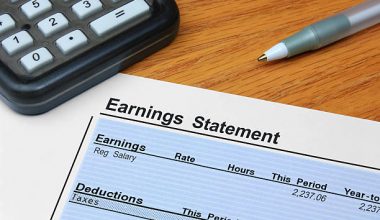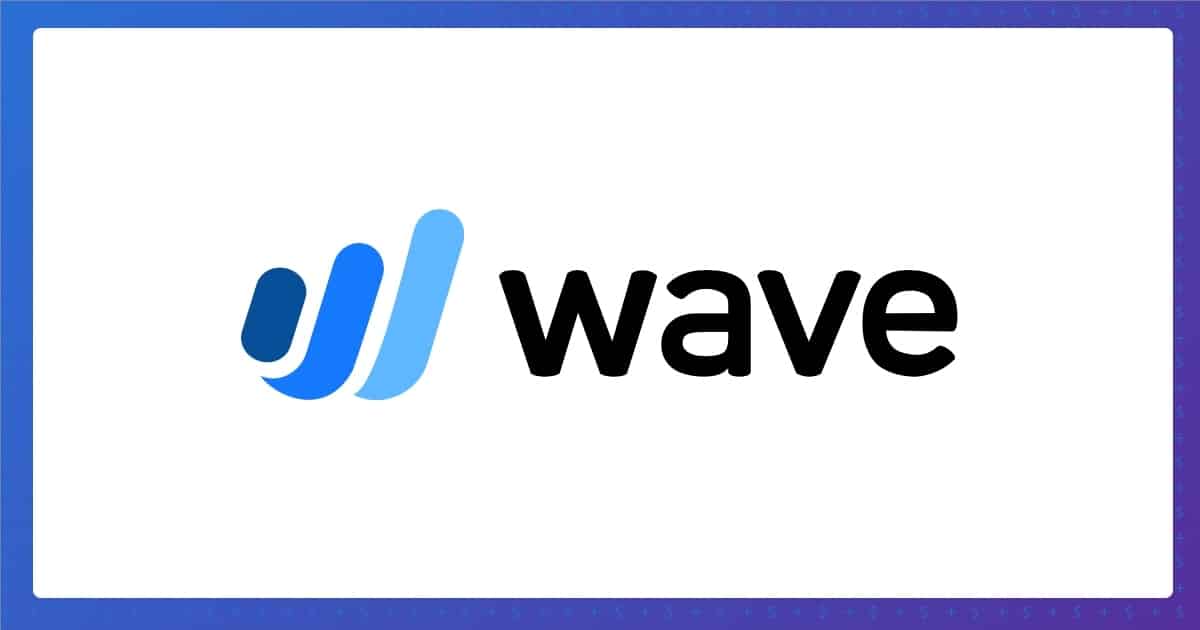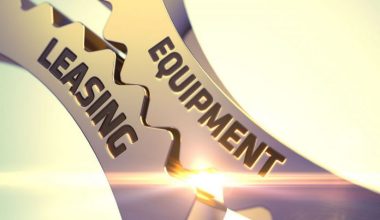Hello! Have you been looking for the best article on the topic of certified financial analysts? Then here is what you are looking for, as it explains more about the topic you have been searching for. Meanwhile, this article covers every vital information you will ever need about a certified financial analyst. Also, how you can become a certified financial analyst, requirements, syllabus, fees, exams, and salary. So, let us proceed right away.
Certified Financial Analyst
A certified financial analyst (CFA) is a professional designation recognized worldwide. They are awarded by the CFA Institute which is formerly called AIMR. Meanwhile, the CFA institutes help in measuring and certifying the ability and integrity of financial analysts. However, according to CFA Institute, all candidates are expected to pass three levels of exams covering areas. And these areas include accounting, economics, ethics, money management, and security analysis.
The CFA is one of the most designations with much respect in the finance or money management area. It is also known to be the gold standard in the area of investment analysis. Generally, CFA is qualified to work in senior and executive positions in investment management, risk management, and asset management, etc.
Read Also: Personal Finance: Basics, Importance, Types, Management ( + Free Softwares)
How to Become a Certified Financial Analyst
Becoming a certified financial analyst requires needs much commitment to learning and excellence. In regard to this, CFA Institute helps candidates with varieties of tools to realize their ambitions of joining the global CFA community. Moreover, becoming a CFA is a defining moment for many professionals in investment. They have to exemplify a concrete understanding of advanced investment analysis and real-world portfolio management skills. Well, below we explained in detail all a candidate needs in becoming a certified financial analyst.
#1. Enroll in the CFA program
All candidates are expected to enter the CFA program to register for the first level of the exam. For any candidate to enroll in the program, he will have the following requirements:
- Candidate must a bachelor’s degree.
- Must be in the final year of any bachelor’s degree to pass all the levels of the CFA exam.
- Must complete both four years of professional work experience and higher education
#2. Pass three levels of CFA exams
After enrollment, the next step is passing all three levels of the CFA exams. In this exam, the main subjects and topics include ethical and professional standards and economics. Equity investments, fixed income, and portfolio management are not exceptional in the CFA exam. Each exam focuses on a specific aspect of an investment, and the average pass rate of the CFA exam is about 48%.
#3. Achieve qualified work experience
Acceptable work experience requirements before, during, or after taking the CFA program or exam. This work experience must be directly involved with the investment decision-making process or in producing a work product that adds value to this process. Meanwhile, the CFA Institute accepts work experience from a wide range of financial and investment backgrounds. This experience must cover areas like trading, economics, and corporate finance.
Read Also: Sources of finance: A foolproof list for small businesses and entrepreneurs
#4. Submit reference letters
Every individual should support their membership application with at least 2–3 professional references. And each of the references will be asked for their recommendation on your work experience and professional character. The references should also be able to explain why you should be awarded a charter.
#5. Apply to Become a charter holder
After the applicants have met all the requirements needed, they can now apply to become CFA charter holders. It also requires applicants to submit payment as well as their prerequisites for review. However, it may take the CFA Institute up to 10 business days to go through regular membership applications. But it will take up to 4 weeks to review affiliate membership applications. After the application review by the CFA institute, each candidate will receive an email, and once any candidate is approved, they will officially become a CFA charter holder.
How Long Does It Take To Become a CFA?
Due to the fact that each level has only ONE exam date per year, obtaining the CFA requires a minimum of three years. The exams for all three levels are administered on the same day and at the same time. Due to the fact that you cannot take three 6-hour exams simultaneously, the process takes at least three years.
Certified Financial Analyst Requirements
To become a certified financial analyst you must have the following requirements as explained earlier above.
- Enroll in the CFA program and three-level exams
- Pass three levels of CFA exams
- Achieve qualified work experience
- Submit at least 2-3 professional reference letters
- Apply to become a charter holder
- Abide by the CFA Institute Code of Ethics and Standards of Professional Conduct
Is CFA Respected?
The Chartered Financial Analyst (CFA) charter is widely regarded as the pinnacle of achievement in the realm of investment analysis and is widely regarded as one of the most prestigious designations in the field of finance.
Certified Financial Analyst Syllabus
Basically, the certified financial analyst syllabus contains major topics for the three-level exams, these topics, and weight gain according to exam levels are listed below.
- Ethical and professional standards: Weight gain for level one is 15-20, while for levels two and three is 10-15.
- Quantitative methods: Weight gain in quantitative methods for level one is 8-12, level two is 5-10 while level three is at 0.
- Economics: Weight gain for level one in this topic is 8-12, levels two and three is 5-10.
- Financial reporting and analysis: Weight gain here remain 13-17 for level one, 10-15 for level two, and 0 for level three.
- Corporate finance: Weight gain on corporate finance is 8-12 for level one, for level two is 5-10 while level three is at 0.
- Equity investments: Level one weight gain here is 10-12 while levels two and three remain 10-15.
Read Also: CORPORATE FINANCE: The Complete Guide (+ free courses)
- Fixed income: In fixed income, the weight gain in level one is always 10-12, in level two is about 10-15 while level three has a weight gain of 15-20.
- Derivatives: Weight gain across levels in this topic is 5-8 for level one, 5-10 for level two, and also 5-10 for level three.
- Alternative investments: This topic explores alternative investments, this includes hedge funds, private equity, real estate, commodities, and infrastructure. Weight gain across levels is at 5-8 for level one, and 5-10 for both levels two and three.
- Portfolio management and wealth planning: This topic explains in detail the fundamentals of portfolio and risk management. These fundamentals include the return and risk measurement with portfolio planning and construction. The weight gain for level one in this topic is 5-8, level two is at 10-15, while level three is at 35-40. Portfolio management and wealth planning still remain the topic that has the highest weight gain in level three.
Certified Financial Analyst Fees
To earn the CFA charter, there are requirements to meet, which include: candidates must enroll in the Certified Financial Analyst program, then take and pass three levels of exams. When the candidates register for the Level I CFA exam, they will pay a one-time enrollment fee of $450 USD. But a $25 rescheduling fee will be paid by any candidate who wishes to reschedule their exam appointment. This fee is what gets candidates into the CFA program.
However, each candidate will pay an additional registration fee to sit for the exam at each of the three levels. As of 2023, the fees for each level of the CFA exams from the CFA Institute include $700 USD for early registration and $1000 USD for standard registration.
Read Also: Accounting and finance: Difference, jobs, courses, careers (+ top university picks)
Is CFA Difficult to Study?
The CFA exams are extremely difficult in general, but candidates can improve their chances of passing by studying for more than 300 hours, using alternative prep materials, answering as many practice questions as possible, and developing a structured study plan.
Certified Financial Analyst Exams
Passing the three exams marks true knowledge of the curriculum and is the most vital task needed to earn the Certified Financial Analyst charter. However, candidates report putting in over 300 hours of study in advance of passing each level with good grades. Meanwhile, each level of the curriculum builds on the prior level and becomes extremely complex.
The Certified Financial Analyst Syllabus Program consists of three exam levels, which include Levels I, 2, and 3. Remember to always use the CFA program calendar to see upcoming exams and other important dates for the exam. Exam windows differ by market based on available appointments at the time of scheduling, with deadlines at 11:59 p.m. ET. You can visit the CFA Institute website for more information on the CFA exams program.
Read Also: Accounting and finance: Difference, jobs, courses, careers (+ top university picks)
Is CFA Certification Worth It?
After removing the influence of work experience, we discovered that: CFA candidates who passed Level 2 saw a 34% increase in total compensation; CFA candidates who passed Level 3 or Charterholders earned 53% more than those who had not yet passed CFA Level 1 exams.
Is CFA or MBA Better?
However, when it comes to growth, MBAs are superior. They can work in areas other than their area of specialization. As a result, an MBA’s starting salary is higher than that of a CFA. CFA, on the other hand, is a highly specialized field.
Certified Financial Analyst Salary
A Certified Financial Analyst can be found in different roles across the investment industry. Each role a CFA play has a compensation that differs based on job function and region. In this case, a significant amount of compensation in the investment industry comes in bonuses. This means that the total compensation includes bonuses, a base salary rate of US$178,600, and equity based on the long-term process. Therefore, the general formula to calculate total compensation is based on CFA salary + cash bonus + equity = Total compensation.
CFAs Average Salaries
CFAs earn between $50,000 and $153,000 annually. All CFAs with less than a year of experience earning fall in the lower range. But, those with one to four years of experience earning fall in the middle range on average. Generally, CFAs with 20 or more years of experience earning is between the range of $153,000 on average annually. Below explain each role in CFAs and their average rate of earning annually.
- Chief Investment Officer: CIO earns high with estimation average salary of about $176,506 per annual.
- Senior Portfolio Manager: SPM earns $156,425 on average annually.
- Finance Director: Finance directors earn around $141,192 annually.
- Securities and Investment Analysts: They earn around $60,270 annually. their earnings are slightly less than that of the average Research Analyst.
Read Also: Finance companies: Best picks for any business
Can a CFA Be an Accountant?
Of course, it is also determined by your career objectives and personal interests. Finance will account for far less of your workload if you obtain the CPA. CFAs will also do less accounting work. However, this does not preclude you from becoming a CFA accountant or a finance CPA.
Conclusion
Basically, every CFA should know their skill level, current wage market, and job function. This is always beneficial. As a CFA If you are underpaid, or you have a certain skill that raises wage potential, don’t be scared to make negotiations. Make as many negotiations for an increase in your earnings during performance evaluations as possible. But, just have one thing in mind the most important thing is to prove your worth through your work. Also, take your time to do adequate research into what level of compensation your knowledge and skill should control. There are varieties of opportunities in the finance field of endeavor. However, there are requirements to be a certified financial analyst, exams, and syllabus.






